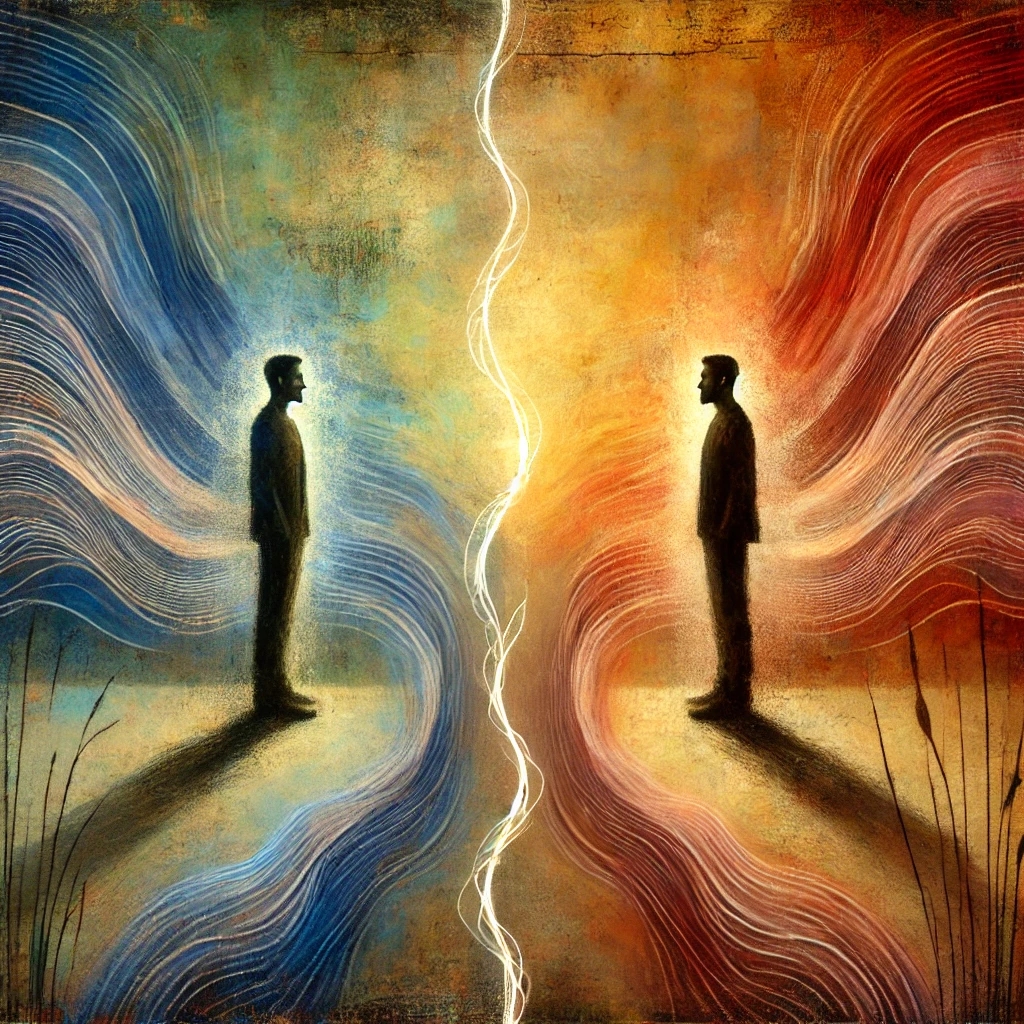
Halloween has come and gone, and thankfully, the Presidential election season is finally over! Reflecting on this and previous elections got me thinking about something important: how we treat each other when it comes to opinions, religion, and politics. It seems like, more than ever, we respond to differing beliefs with disrespect and hostility, and it's at its absolute worst during election season. Political conversations, especially around voting time, seem to bring out the most divisive, even hateful, attitudes. So, let’s take a look at this from my perspective.
What really got me pondering was a message from an acquaintance after the election. He told me to "hold on," saying the next four years would be rough. I didn’t respond right away, but that evening, I replied, saying it won’t be as bad as he thinks. His response? Telling me that my rights would be taken away, and calling me a “stupid clown” when I disagreed. I gave him a bit of a Texan response, told him to “have a blessed day,” and deleted the conversation. It upset me, but more than that, it got me wondering—why?
Why did he need to resort to name-calling and degrading me just because I disagreed? It reminded me of the hate I see every day on social media surrounding disagreements, not only on politics but also on religion and personal opinions. This behavior isn’t limited to just our communities; it’s nationwide and even global. We degrade each other, resorting to insults and name-calling, and if you haven’t noticed, some of these disagreements have escalated to violence, even resulting in injury or death.
When we hear on the news that someone was hurt or killed over a disagreement, we’re shocked and baffled. But do we ever stop to think about how hateful we get when someone disagrees with us? Why can’t we just disagree, move on, and choose to be civil? And if we must respond, why not do it with factual sources—reputable information that backs up our claims?
Especially in politics and opinionated debates, it’s critical to rely on facts, not beliefs. This next statement might ruffle a few feathers, but here it goes: using religious texts to justify political stances is NOT a reputable source. Religious texts are beliefs and should not be used to elect officials or influence policy. Values and beliefs are a different matter. Our political views, opinions, and beliefs are shaped by the information we choose to accept. Being closed-minded only hinders growth and individuality. It is no wonder why we can't have civil conversations regarding politics, opinions, or religion. I have witnessed friendships and families end relationships over disagreements regarding political and even religious beliefs. So, there is food for thought.
